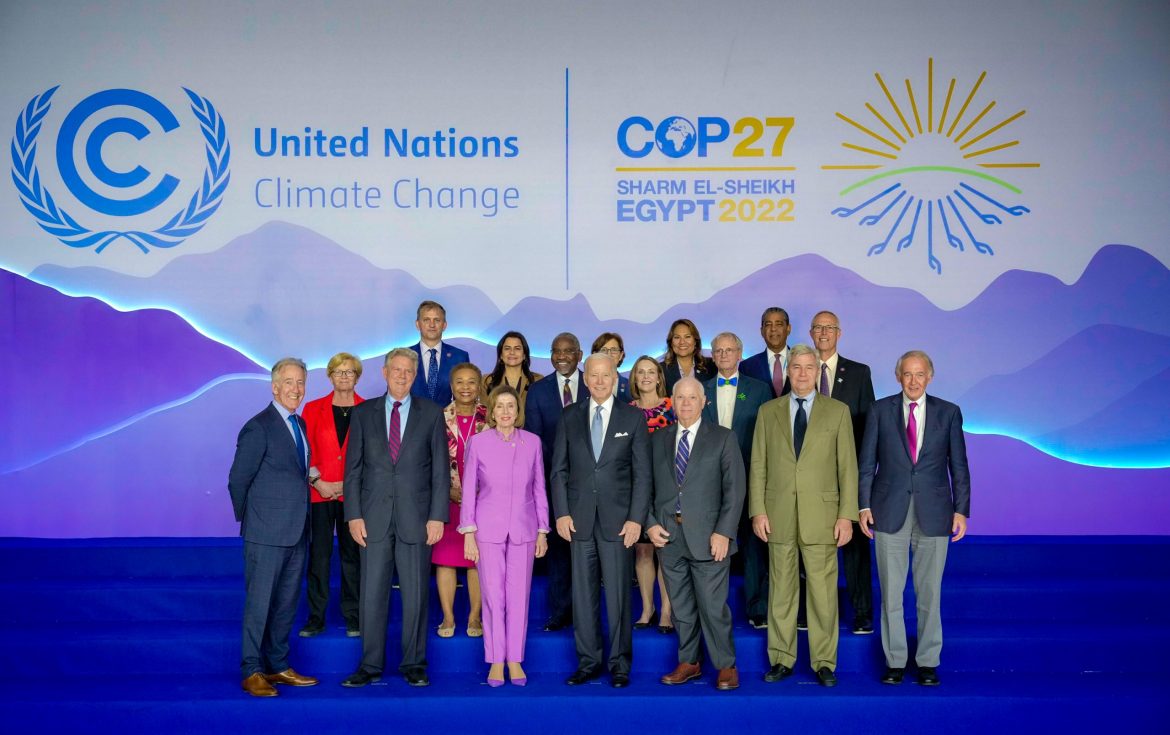Nnimmo Bassey, environmental activist and Director of the Health of Mother Earth Foundation (HOMEF), has criticised the Conference of the Parties (CoP) process, describing it as hypocritical and ineffective in addressing the climate crisis in Africa.
While speaking at the West African Climate Justice Conference held yesterday in Abuja, the activist was quoted as saying that the past three decades of global climate negotiations had yielded minimal progress, with developed countries evading responsibility for their contributions to global warming.
He said: “For 30 years, the world has been on a treadmill. Initially, the CoPs had consequences because countries were bound by measurable emissions reduction targets. But since the Copenhagen Accord of 2009, we have moved to a voluntary system, and now countries that pollute the least are offering more ambitious reductions than the big polluters.”
He accused developed nations of refusing to acknowledge the role of fossil fuels in driving climate change and criticised their reluctance to provide adequate climate financing.
saying: “The CoP is very hypocritical. They won’t agree openly that fossil fuels cause global warming, and they won’t accept responsibility or accountability.”
Read also: Trump administration says it won’t publish major climate change reports
Bassey warned that unless African countries pushed for the reinstatement of binding commitments on major emitters, participation in CoP negotiations would remain symbolic and fruitless.
MEANWHILE, the National Coordinator, No Redd in Africa Network (NRAN), Odudu Abasi James Asuquo, has said a study on the United Nations Reducing Emissions through Deforestation and Forest Degradation (REDD) has revealed that the project is a false solution to combating climate change.
She said: “We found out that in Tanzania, where there are about 18 REDD Projects, about one-third of the land has been grabbed by a company implementing the REDD project. She described the project as a new age of colonialism and land grabbing.
“In Niger State, about 1.2 million hectares of land have been taken over for a mangrove restoration project, saying while this may sound nice, it’s not good that a company has access to such vast land,” she revealed.
Story was adapted from the Guardian.
